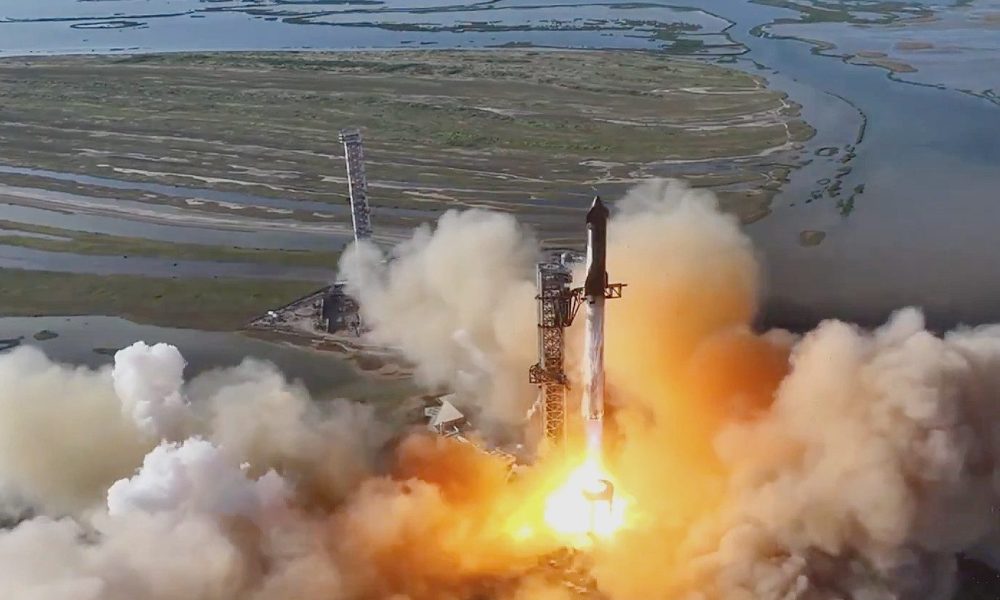A U.S. district court judge has dismissed a lawsuit brought by conservation groups challenging the Federal Aviation Administration’s approval of SpaceX’s expanded rocket launch operations in Boca Chica, Texas.
The ruling, issued Monday, found that the FAA had met its obligations in reviewing the potential environmental effects of Starship launches.
FAA review withstands legal challenge
The lawsuit centered on whether the FAA properly assessed the impact of SpaceX’s operations on endangered wildlife, including ocelots, jaguarundis, and Kemp’s Ridley sea turtles, as noted in a report from The Guardian. The plaintiffs argued that noise, light pollution, and construction activity degraded the surrounding habitat, which also serves as nesting grounds for threatened shorebirds.
The lawsuit cited SpaceX’s April 2023 Starship test, which destroyed its launchpad and scattered debris across a large area. The blast reportedly ignited a grassfire and damaged wildlife habitats, including a bobwhite quail nest.
Judge Carl Nichols, for his part, ruled that the FAA had satisfied its obligation“to take a hard look at the effects of light on nearby wildlife.” The decision effectively cleared a regulatory hurdle for SpaceX, which has been working to expand Starship launch activity at its Boca Chica facility.
A continued ramp
SpaceX continues to scale its operations nationwide. Beyond Starship, the company is also seeking approval to nearly double Falcon rocket launches from Vandenberg Space Force Base in California, from 50 annually to 95.
Former President Trump has also shared his intention to increase U.S. launch capacity, setting a target for substantial growth by 2030. Considering that SpaceX is by far the world’s dominant launch provider, Trump’s support for more launches will likely benefit the private space company.
For now, at least, the ruling should allow continued expansion at a time when Starship remains central to long-term goals such as Mars missions and NASA’s Artemis program.


